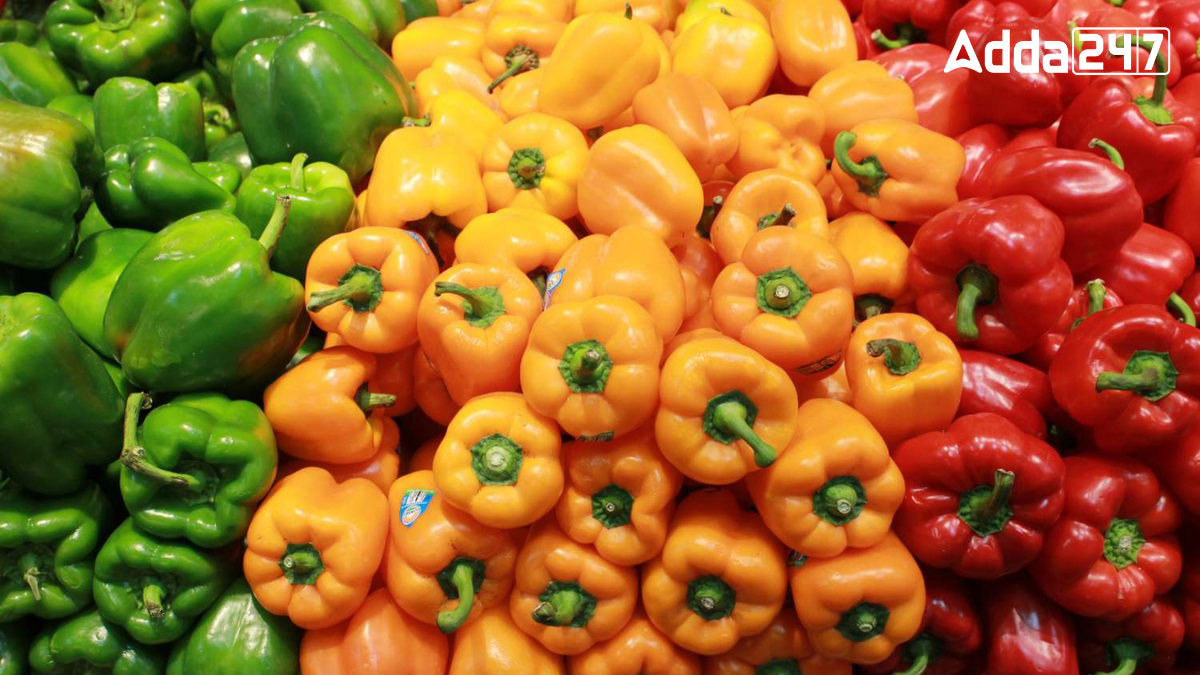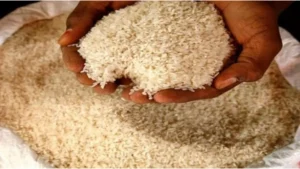Capsicum, also known as bell pepper or sweet pepper, is a significant vegetable crop in India. Among the states, West Bengal stands out as the largest producer of capsicum, contributing substantially to the country’s total production. This article delves into the various aspects of capsicum production in West Bengal, highlighting its importance, cultivation practices, and economic impact.
Capsicum Production in India
In India, traditional open-field cultivation of green capsicum yields 20-40 tons per hectare in 4-5 months, depending on the variety and season. In contrast, greenhouse cultivation of green and colored capsicums extends the crop duration to 7-10 months and significantly boosts yields to 80-100 tons per hectare. This highlights the efficiency and productivity benefits of greenhouse farming over traditional methods.
Largest Capsicum Producing State in India
West Bengal leads India in capsicum production with an annual output of 166,700 tonnes. Benefiting from favorable climatic conditions and innovative farming techniques such as greenhouse cultivation, the state achieves high yields per hectare. This substantial production not only meets domestic demand but also contributes significantly to the agricultural economy, solidifying West Bengal’s position as the largest capsicum producer in India.
Climatic Conditions Favoring Capsicum Cultivation
West Bengal’s climate is particularly conducive to capsicum cultivation. The state enjoys a tropical climate with high humidity and ample rainfall, creating an ideal environment for growing this vegetable. The average temperature ranges between 20°C to 30°C, which is perfect for capsicum. Additionally, the well-drained alluvial soil found in many parts of the state supports robust plant growth.
Major Capsicum Growing Regions
Several districts in West Bengal are renowned for their capsicum cultivation. Notable among them are:
- Hooghly: Known for its fertile soil and efficient farming practices.
- Nadia: A major hub for greenhouse and polyhouse capsicum production.
- Murshidabad: Noted for its extensive use of organic farming methods.
Economic Impact
Capsicum cultivation has significantly contributed to the economy of West Bengal. The state’s produce not only meets local demand but is also exported to other states and countries, generating substantial revenue. The thriving capsicum industry has created numerous employment opportunities, from farming and harvesting to packaging and transportation.
Challenges and Future Prospects
Despite its success, capsicum farming in West Bengal faces several challenges. Pests and diseases, fluctuating market prices, and climate change are some of the issues farmers contend with. However, continuous research and development, coupled with government support, promise a bright future for capsicum cultivation in the state. Efforts are being made to develop disease-resistant varieties and improve storage facilities to reduce post-harvest losses.




 Which District is known as the Nellara o...
Which District is known as the Nellara o...
 Which River is known as the Moon River o...
Which River is known as the Moon River o...
 Which is the Highest Mountain of Austral...
Which is the Highest Mountain of Austral...








